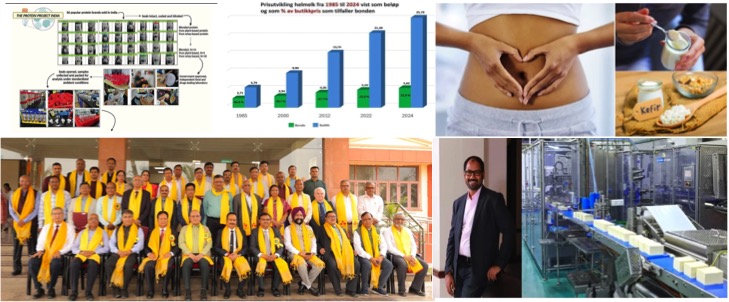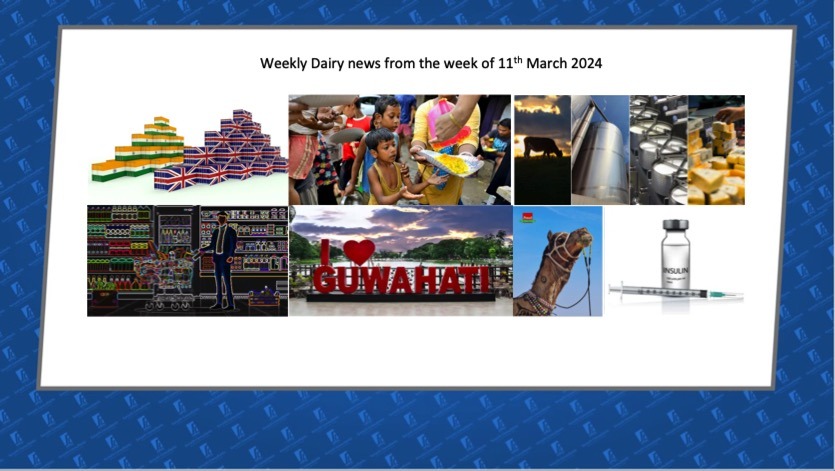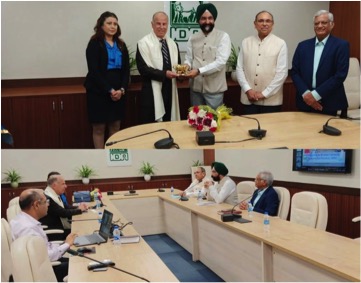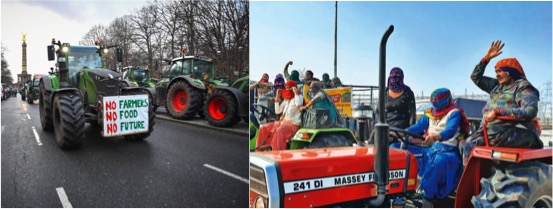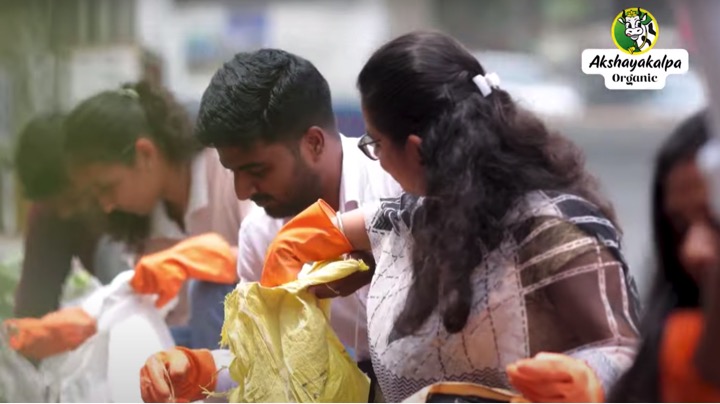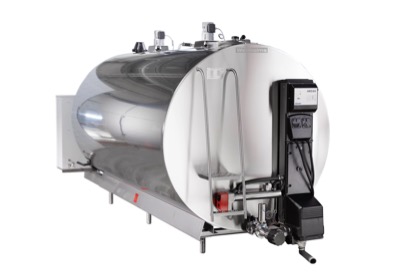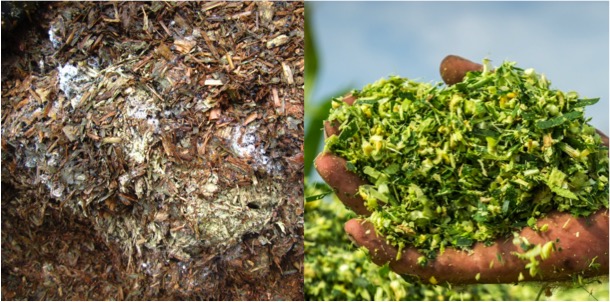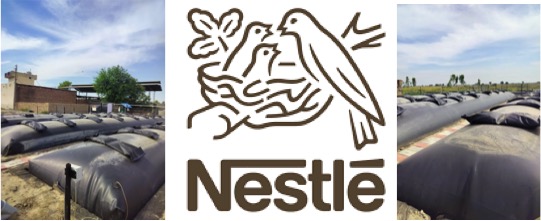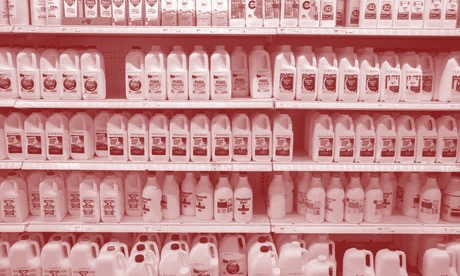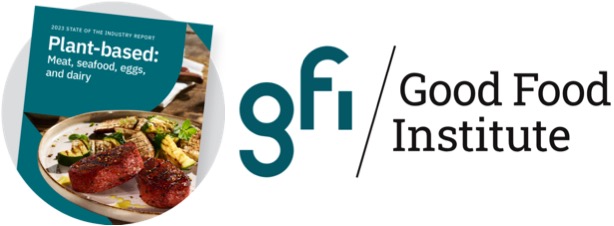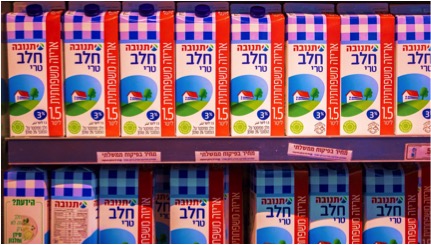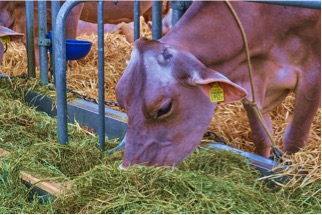My weekend left me with lots of surprises. And forced me to recall a movie which I saw a few years back. The name of the movie was Race 3 with Salman Khan as a hero. The hero of the movie in the first scene narrates the story of his family and introduces all the characters . The same hero at the time of climax told that he lied in the beginning at the time of narration. The movie got a happy but confused ending.
Something similar happened last week in the parliament. The government refuted all the great stories about the superiority of desi cow milk in the parliament. All the claims made by Rashtriya Gokul mission and several other leaders were refuted by the government themselves. Desi cow’s milk in last few years has emerged as the gold standard in milk (with actual gold in it). Now the government has told the parliament that research by ICAR in this regard is inconclusive . ICAR must have conducted some scientific research to share their analysis with the government.
That made me to think on what science is not or how does one behave in the absence of science? Is it non scientific or non sense ? I think you will get the answer below.
Cow science exam
The Rashtriya Kamdheny Ayog, planned an online exam to tell everyone about the supermacy of Indian desi cow breeds . This syllabus of exam covered all possible ways to show “exotic and cross bred cows” inferior to desi cows. Later this exam postponed indefinitely. That too just two days before the scheduled date. The reasons are not worth explaining here . RKA also told that the Junagadh University conducted few experiments . These were to identify more than 752 useful elements in cow urine with immense therapeutic and medicinal value.”
As per the media reports from The telegraph on March 15th, RKA also claimed that a host of illnesses could be cured by the milk from Indian cows, including “obesity, joint pain, asthma, mental illness”. It added that, conversely, the milk from foreign cows could trigger these illnesses. The syllabus took particular aim at the Jersey cow which it described as “lazy” and prone to disease. Indian cows, it said, followed hygienic practices being “hardy and clever enough not to sit at dirty places.”
Within 2-3 days after the dairy minister submitted this information in the Parliament, Madhya Pradesh minister and a BJP leader Usha Thakur enlightened the world with a new theory. She proclaimed that a mix of ghee made from cow milk and added to cow dung cakes during a havan at sunrise or sunset can sanitise a home for 12 hours and prevent Covid-19. Similar Corona remedies were shared by the West Bengal BJP chief Dilip Ghosh who told that drinking cow urine could prevent Covid-19. In 2019 he also claimed that “desi cows have a hump on their back” and that “the hump has a ‘Swarna nari’. When sunlight falls on the hump, it produces gold.”
The government has done it right
I think that government has done a right thing by putting a stop to all such non sensical doctrines coming from all sides by multiple stakeholders. Cow is an emotional subject in India and we must respect cow. Scientific inconclusiveness on our cow’s milk has nothing to do with the importance of indigenous cows in our lives. It is high time for everyone to scientifically validate the principles of Indigenous Technical Knowledge or ITK before making any claim. The Indigenous Technical Knowledge (ITK) is the local knowledge that is unique to a given culture or society where its knowledge passes from generation to generation. It is the knowledge that people have gained through inheritance from their ancestors.
Indigenous technical Knowledge (ITK) : Scientific validation is the need of the hour
Wang (1988) defined ITK as “the sum total knowledge and practices which are based on peoples accumulated experiences while dealing with situations and problems in various aspects of life and such knowledge and practices are special to a particular culture.” ITK is stored in people’s memories and activities, and is expressed in the form of stories, songs, folklore, proverbs, dances, myths, cultural values, beliefs, rituals, community laws, local language and taxonomy, agricultural practices, equipment, materials, plant species and animal breeds. ITK is shared and communicated orally, by specific examples and through culture. An African proverb says “When an old knowledgeable person dies, a whole library dies” indicating the importance of ITKs.
Let ITK’s related to benefit of desi cow milk , urine and dung may be identified ,collected and documented . Later these may be passed through the grind of scientific validation. Even if 10% of those ITKs are scientifically validated and found true then they would be much more valuable than having actual gold traces in that milk.
Such ITKs are wildly used in the areas of treatment and feeding practices by the Indian dairy farmers. Ethnoveterinary and balanced ration using local feed inputs are the best example of use of ITKs in Indian dairying.
If we wish to pass on the baton of scientific dairy farming to the younger generations then we will have to take the path of scientific validation and logic. Any thing less would not be treated as Cool by Generation Z or so called the youth of India.
Happy e-reading ..A dairy blog by Kuldeep Sharma





